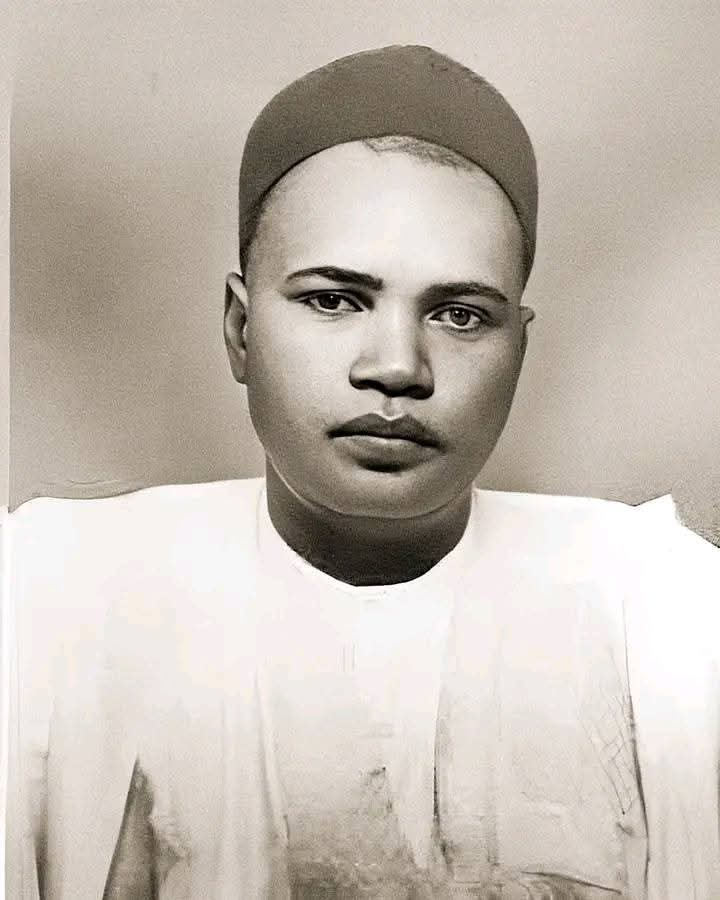PIONEERING ECONOMIST: THE LEGACY OF MALLAM ALIYU MAI-BORNU, FIRST INDIGENOUS CBN GOVERNOR

Yola, Nigeria – 1963–1970 Historical Retrospective
Mallam Aliyu Mai-Bornu holds a distinguished place in Nigeria’s economic history as the first indigenous Governor of the Central Bank of Nigeria (CBN), serving from July 25, 1963, to June 22, 1967. His leadership came at a critical moment when the newly independent nation was establishing its financial sovereignty.
Born in Yola, now in Adamawa State, Mai-Bornu’s educational journey began at Yola Middle School before he progressed to Barewa College, Zaria — an institution known for nurturing many of Northern Nigeria’s elite. Recognised early for his academic excellence, he earned a government scholarship to study abroad, where he pursued Economics at the University of Bristol in the United Kingdom, graduating in 1957.
Returning home the same year, Mai-Bornu entered the Northern Nigeria Public Service as an Administrative Officer. His commitment and intellect soon positioned him for greater national service. By 1959, he joined the Central Bank of Nigeria as an Assistant Secretary, rising swiftly to become its first indigenous Deputy Governor in 1962.
A year later, on July 25, 1963, Prime Minister Sir Abubakar Tafawa Balewa appointed him Governor of the Central Bank, following the tenure of Roy Pentelow Fenton. Mai-Bornu’s era at the helm of the bank witnessed the formulation of foundational monetary policies tailored to Nigeria’s economic realities in the post-independence years. He worked to assert Nigeria's control over its monetary system and develop a banking culture reflective of national aspirations.
His expertise and integrity also extended to the private sector, where he served as a Director of the Nigerian Tobacco Company, exemplifying the confidence reposed in him across both public and commercial domains.
Tragically, Mai-Bornu died in 1970 at the age of 51. Yet, his legacy endures. His portrait, alongside that of Dr. Clement Nyong Isong — another revered former Governor of the CBN — is immortalised on the ₦1,000 note, the country’s highest currency denomination. This honour underscores his vital role in shaping Nigeria’s financial foundation during a pivotal era.
Mallam Aliyu Mai-Bornu remains a symbol of pioneering leadership and a reference point for excellence in public service and economic governance.

